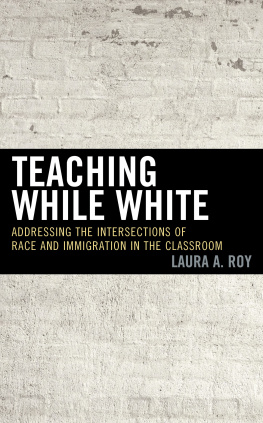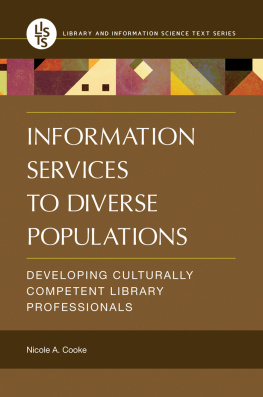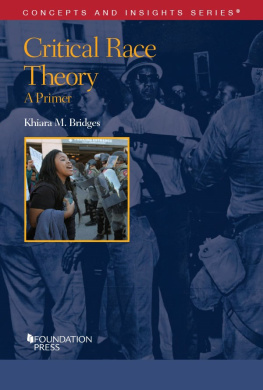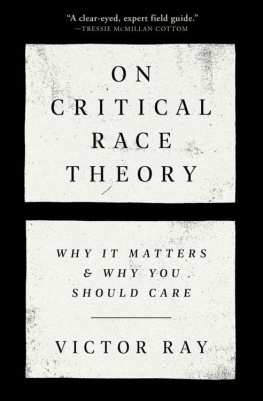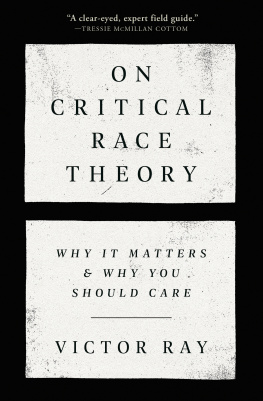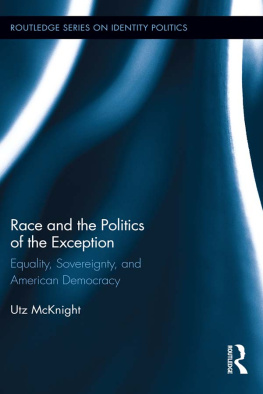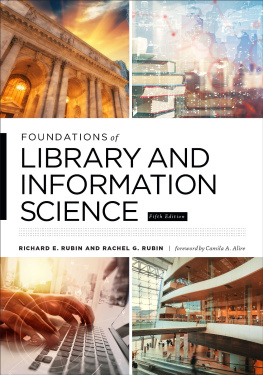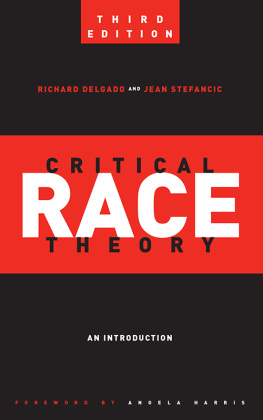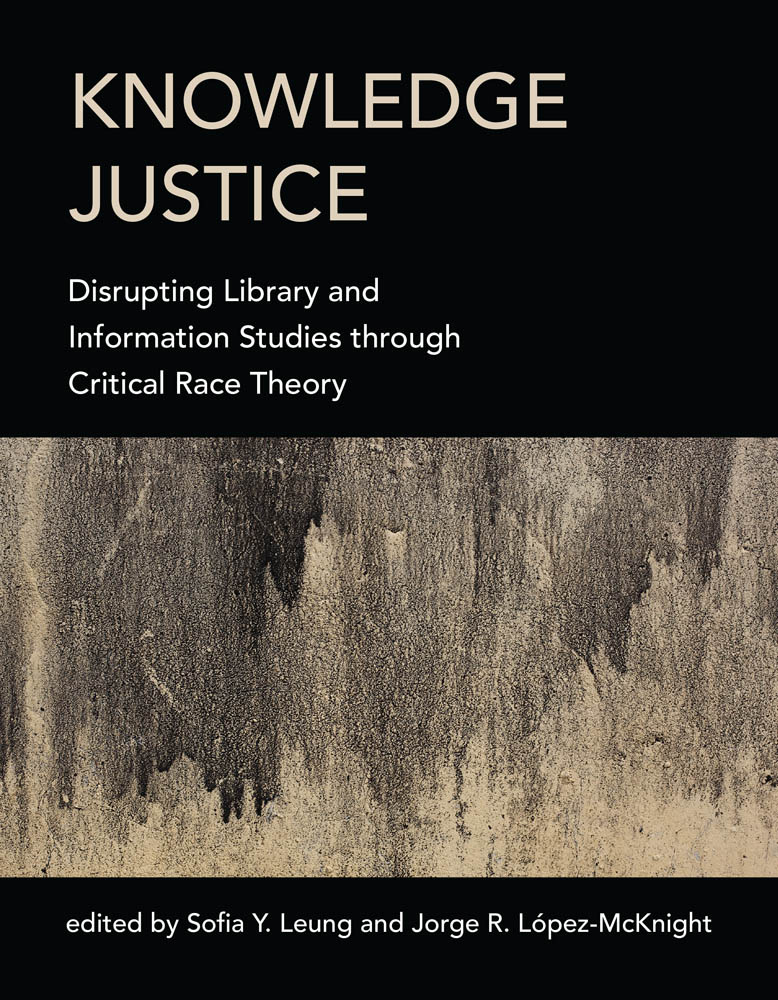ACKNOWLEDGMENTS
There is a specific joy about looking back, about remembering how the collection has come together and is what it now is. But also for what it was before, and in between. It is hard to describe in words our deep gratitude for the care, support, and kindness we experienced on this path. A few kind, encouraging words at the end of an email or a sincere expression of thanks when connecting in person or, more often, online, felt more like a loving look from a familiar face, or a strong, meaningful laughter with dear friends. These moments and expressions provided light, affirmation, and strength, arriving just when they were needed. We are so profoundly grateful for our communities supporting this work. They will stay with us for a very long time, and are across all these pages.
Our loving thanks to Irlanda Jacinto for beginning this journey with us.
To Gita Devi Manaktala, our editor, a deep thank you for your advice, guidance, and belief in this project. To Mara Isela Garcia and Nhora Lucia Serrano for helping this collection become a collection. To Anne Davidson for copyediting the manuscript and Greg Hyman for guiding us through the production process. To Lori Salmon for indexing this collection and for her generosity in sharing her knowledge with two newer indexers.
Thank you to the anonymous reviewers, both at the proposal and manuscript stages, for their feedback and suggestions.
In the early stages of this project, when the proposal was still being formed, Nicholae Cline and Gina Schlesselman-Tarango offered valuable feedback, insight, and support. Thank you.
Rose L. Chou, Megan Cherewick, PhD, and Luis Poza, when the introduction was still in flight, your observations, ideas, and interpretations helped to push it further along in much-needed ways. Before it landed, Anne Cong-Huyen and Torie Quionez provided comments, critiques, and editing that helped bring it to these pages. We are grateful to you all.
Dear Rae, sincere appreciation for holding and caring for our thinking and writing in the conclusion. Your generous, loving comments and suggestions made it better.
Thank you to Charlotte Roh and Katie Zimmerman for translating publishing contract language for us.
Special thanks to Sarah Kostelecky and Teresa Neely. Before this book was in full motion, when it was just a quiet dream, you both held space for this possibility. Eternally grateful for your belief in this project.
To Anthony Dunbar, Todd Honma, and Tonia Sutherlandit means something very heavy that you joined us; it is immensely special. We are so appreciative that you shared words with all of us. We hope this work makes you proud.
Along the way in the building of this collection, some truly wonderful thinkers and writers were not able to have their efforts included. Their words and ideas, especially Leslies, were missed.
To the lovely, inspiring authors who are the heart of this collection, we are filled with a heavy sense of gratitude for your visions, energies, and efforts. You all made this project brighter, stronger, more alive. Thank you, Anastasia, Fobazi, Jenny, Myrna, Stacie, Jen, Nicholae, Marisa, Miranda, Sarah, Vani, Sujei, Shaundra, Harrison, Isabel, April, Maria, Torie, Lali, Antonia, Anne, Kush, Kafi, and Rae for sharing, for trusting us.
In these last lines of deep gratitude, we hold space for our loved ones, Sofias and Jorges partners and families. Thank you for holding space for us, for caring for us, for loving us.
INTRODUCTION: THIS IS ONLYTHE BEGINNING
Sofia Y. Leung and Jorge R. Lpez-McKnight
LAND ACKNOWLEDGMENT
Before we begin, we honor and offer gratitude to the Indigenous peoples who cared for the lands where the majority of this introductory chapter was written and the majority of the collection was edited. We acknowledge that the lands we inhabit are the unceded ancestral territory of the Massachusetts and Wampanoag peoples and of the Tonkawa, Lipan Apache, and Comanche peoples. As Chinese American and Mexican Black American settlers and guests, we acknowledge the history of violence, biological warfare, and genocide that led to the colonization of these lands and our eventual occupation of it. We cannot forget the loss of lives, culture, and knowledge that is a part of the US nation-states history, and we work toward individual and collective action to combat the continued erasure of Indigenous land, life, stories, and experiences from our histories and institutions. We encourage you, reader, to do the same.


